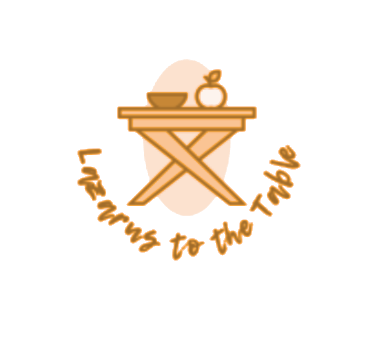More pain#
When I first started out working in a cancer hospital, tumors bulging out of the body like a ball were very common. We saw those almost every day. There was a lot of pain there. Today, I don’t see that anymore.
Those days I produced radiotherapy plans for breast cases at a rate of four per hour. Almost every patient came for radiotherapy after double mastectomy. I saw countless torsos but hardly a breast. There was a lot of pain there. Demographics today shifted completely.
That time the most prevalent cancers were nasopharyngeal and breast. Today, even the double-quoted third world moved on considerably. We have made tremendous progress.
Those days among less affluent communities a single radiotherapy hospital served a vast geographic area. Whenever a treatment machine went out of order sliding open the door of the treatment suite from the inside felt like a massacre. A storm of eager patients would be pressing, “When is the machine going to be fixed? When can we restart our treatment? When is the machine going to be fixed? When can we restart our treatment?” Even those settings grew out of any resemblance to how it was before.
Looking at cancer as a universal payload, that is a feat. We have come such a long, long way. But there is still a lot of pain. We acknowledge that.
Pain can be made sense of as a universal payload. More a universal payload than individuals: whether it is a friend, a family member or ourselves. This is compassion and solidarity. We are in it together. What I see happening to others can happen to me too. That includes cancer, dementia, diabetes and any illness; that includes losing employment, losing my home to fires that wipe out entire towns, getting shoved onto subway tracks and coming in contact with the third rail; that includes being found by soldiers or getting trapped under the rubbles in a disaster zone.
Sometimes pain and suffering can be very real, and the person has to walk through that alone. The greatest pain of all is perhaps in seeing someone we love unwell.
There’s no need to imagine myself in people’s shoes. I just need that openness. If and when the time comes the community would come together and support me like how communities usually do, and God would custom for me the grace just as God always does. And the part that will always be there—that nothing can take away—will remain uncorrupted and intact.
Bad things do happen to good people. Why not? And, why not me? Avoiding bad things shouldn’t be the motivation for doing good. That bad things shouldn’t happen to good people is not God’s logic; that is not how God works. That is not how cause-and-effects are wired.
Some prefer to keep diagnoses a secret. I can think of some valid reasons. It is in the way others react (rather than respond). People tend to sensationalize, and people tend to project. News of a cancer diagnosis is often seized like an magnet by those who project their own fears and insecurities on others. It is a self-dwelling reaction to an aversion. This is not compassion.
As well, some prefer not to disclose partly because diagnoses are often mixed up as prognoses. Cancer is a diagnosis, not a prognosis. It simply means cell replications have gone haywire. It tells nothing about how long the person will live or how painful the course will be. Year after year, decade after decade, cancer diagnoses and cancer prognoses diverge further and further away from each other. That is a feat.
As with other forks and junctures in life a diagnosis is a time for discernment. Not so much a time to fight for fighting sake. Not so much a time to be resilient for resilience sake. Not so much a time to be strong just because self-help books tell us to.
Some cancer cases take a little patience; others take a whole lot more. We fully acknowledge the pain aggressive cancers bring to individuals. We do not understate the disruption.
If we zoom into ourselves we can drive ourselves into the rabbit hole (English expression) or the cul-de-sac of the bull’s horn (Chinese expression). Indeed many people in trying situations continue to be open, to move out of themselves, to reach out rather than to reach in, to opt for solidarty rather than isolation.
